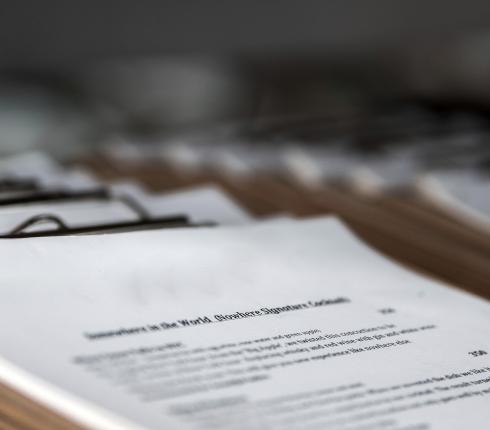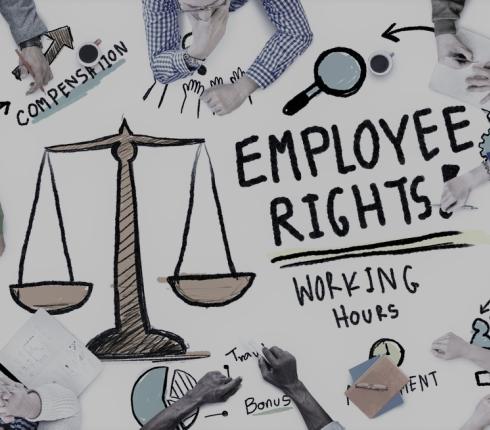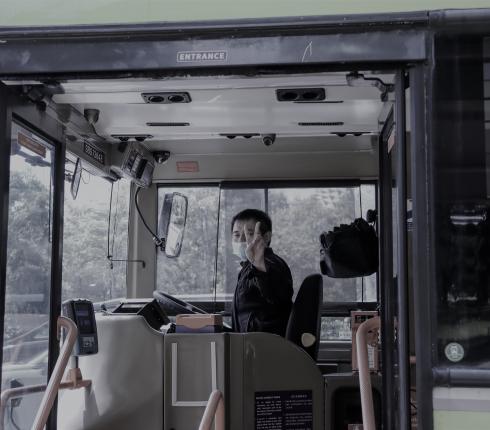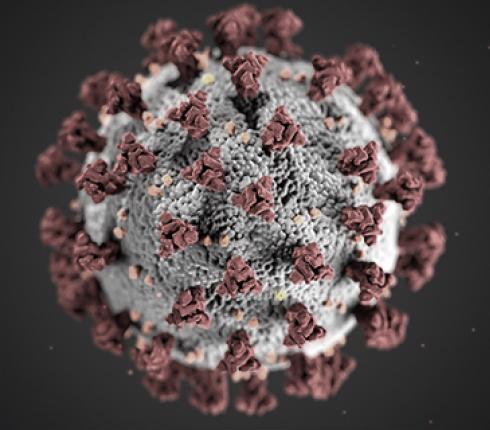How to Recruit Ukrainian War Refugees?
In recent weeks several companies have wanted to offer jobs to Ukrainian war refugees. However, as Ukrainian citizens are foreigners, employers may have a number of questions about the correct form of such an employment relationship and the employer's responsibilities. We will explain further how war refugees can be recruited and what rules must be followed.

According to the decision of the Estonian Police and Border Guard Board, all citizens of Ukraine, who were in Estonia on a legal basis before the outbreak of war on 24.02.2022, may continue to stay and work in Estonia even if the basis for their stay in Estonia (eg visa or temporary residence permit) has expired. Such Ukrainian citizens may continue to work for their former employer without additional permits and procedures.
Citizens of Ukraine who have left Ukraine due to the military conflict since 24.02.2022 can apply for temporary protection from the Republic of Estonia and work in Estonia on the basis thereof. Temporary protection is an annual residence permit that allows Ukrainian war refugees to exercise similar rights to Estonian residents, including the right to work and receive health insurance in Estonia. If the war continues, it is possible to extend the temporary protection.
The following persons can apply for temporary protection: Ukrainian citizens residing in Ukraine before 24.02.2022, persons who had been granted international protection in Ukraine before 24.02.2022 and all family members (spouses, partners, underage children and close relatives) of the above persons who lived in the same household and were dependants of the citizen of Ukraine or the person who has been granted international protection.
A person who has received temporary protection may work in Estonia and enter into employment or service contracts. The contract must contain all the conditions required by Estonian legislation, and employees must be paid at least the minimum wage.
The article has been written on the basis of the regulation in force on 22.03.2022.































